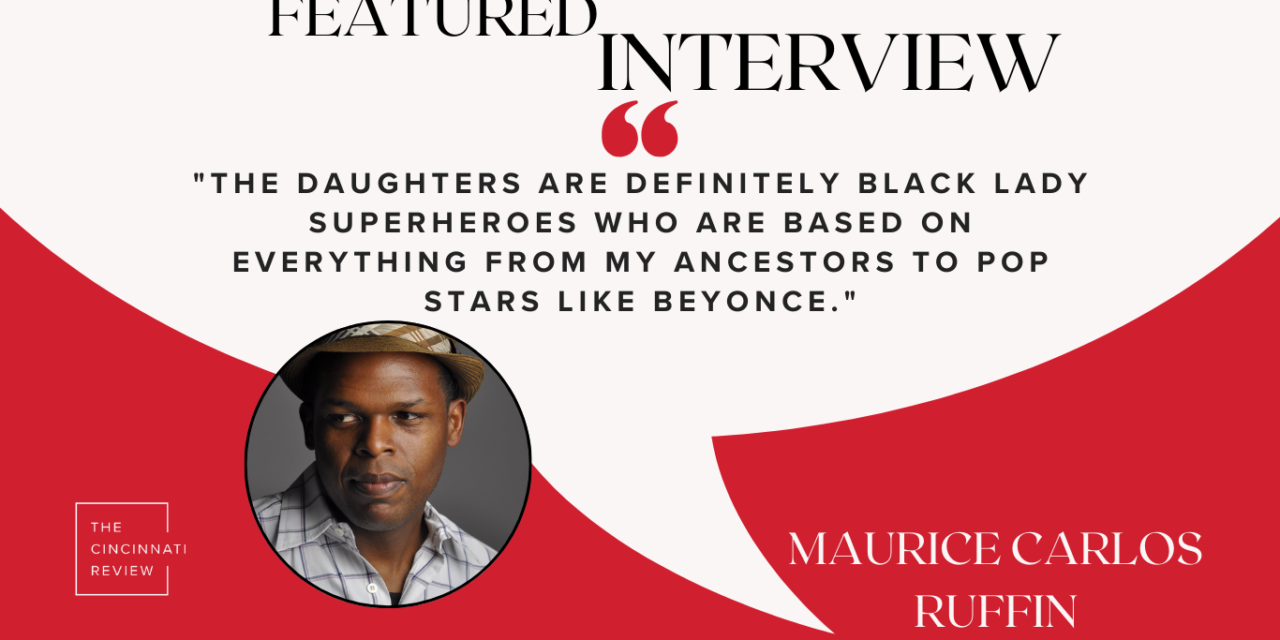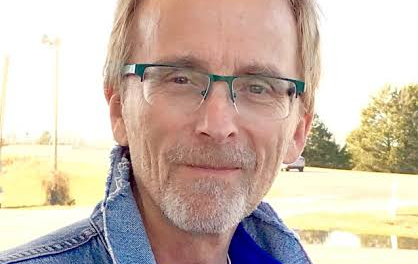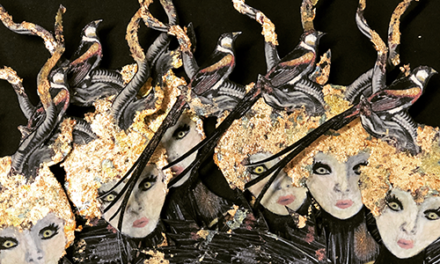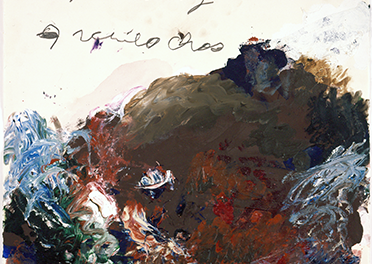5 minutes read time
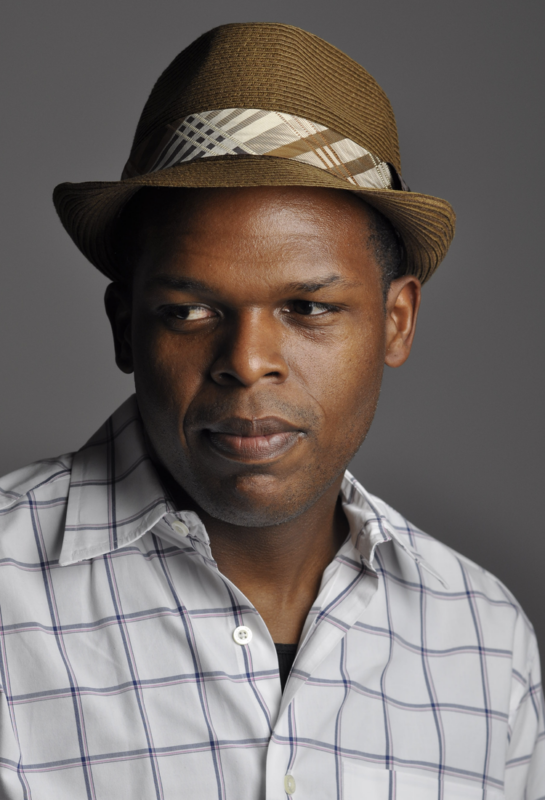
Assistant Managing Editor Bess Winter: This week at University of Cincinnati we hold our biannual Robert and Adele Schiff Fiction Festival, where we invite four accomplished fiction writers to Cincinnati to share their work and talk writing, publishing, and the writing life. This year we have the honor of hosting author Maurice Carlos Ruffin, whose latest novel, a story of Black female bravery set in antebellum New Orleans, is The American Daughters (One World, 2024). He answered a few questions via email in anticipation of his visit.
BW:Your work is deeply rooted in your home city of New Orleans, which has always seemed like it’s one of the best places in America to be a writer. Do you feel the benefits of that when you’re writing? In which ways?
MCR: New Orleans has a great spirit that fosters creativity, including a large community of writers who put on events and support each other. And if you’re having a bad day, there’s always a festival going on. There are literally two book festivals happening as I write this. It’s a lot of fun.
BW: Your first novel, We Cast a Shadow (One World, 2019), is set in a New Orleans of the future. The American Daughters is set in an antebellum past. Both conceits, but very different in nature (though the Daughters do feel like superheroes, of a kind). Or were they? Did you find one easier or more challenging than the other? Why?
MCR: I found writing about the past a little easier because I had more experience as an author and because I really love to learn about the world. It’s hard to learn about the future, so you have to make it all up, which is a different set of muscles. And yes. The Daughters are definitely Black lady superheroes who are based on everything from my ancestors to pop stars like Beyoncé.
BW: Tell us a bit about your archival research for The American Daughters. When and how did it start, and where did it lead you?
MCR: In 2004, I stumbled across an archive in the French Quarter that taught me about the Confederacy’s failure to fight the Union in New Orleans. I learned about Harriet Tubman and many other resistance leaders. Eventually, I speculated that the New Orleans Confederates were effectively disabled by women like the Daughters who were operating behind the scenes and seeking no credit. It made me think about Tarantino’s Django Unchained. That’s a revenge plot about an enslaved person who would never wind up in a history book. I enjoy giving credit to unsung heroes.
BW: Did you encounter any challenges writing from the perspective of a woman in this novel?
MCR: No. I just paid a lot of attention to the women in my life and treated my characters with the respect they deserved. I’ve gotten plenty of great feedback on the portrayals, which is wonderful. It’s not about me. It’s about the characters and their story.
BW: Though both of your novels address racism in America and the legacy of slavery, one of the biggest differences between them, to me, is their use of humor. We Cast a Shadow is a very funny book—it feels like nothing and no-one is spared. The American Daughters is a much more serious examination of trauma. Did you miss humor when you were writing this, or did you welcome the shift in gears? Would you write a humorous novel again?
MCR: I think the humor in We Cast comes from the narrator’s way of seeing the world. He’s got an amazing sense of gallows humor. There’s humor in Daugthers but it comes much more from what the characters say to each other and how they interact. Like how Alabama is constantly giving Ady a hard time in a sisterly way. But the humor is undercut by how much danger the ladies are always in. I will definitely write something more comedic or satirical again. I like using whatever approach a book calls for. In fact, that may be the next one after the book I’m wrapping up now. We could always use more laughs, right?
BW: Finally, I couldn’t help but notice that your protagonist’s name is Ady, and she makes a daring escape from slavery alongside her mother. Are you familiar with the other Addy who, with her mother, made a similar escape in the series written for children by Connie Porter, as well as her accompanying doll and many charming historical outfits? Is this pure coincidence? Do you have any thoughts on Addy, the American Girl?
MCR: I had heard of Addy, but never read the series. I had to figure out Ady and her mother’s names. Her mother is Sanite, after a Caribbean freedom fighter. And Ady is short for Adebimpe, a nod to Sanite’s African heritage. I almost called her Adebimpe as her primary name in the book, but wanted something more informal.
Maurice Carlos Ruffin’s most recent book is The American Daughters (One World, 2024), which Publishers Weekly, in a starred review, called “a vibrant picture of antebellum New Orleans.” He is also the author of the story collection The Ones Who Don’t Say They Love You (One World, 2021), which was a New York Times Editors’ Choice, a finalist for the Ernest J. Gaines Award for Literary Excellence, and longlisted for the Story Prize. His first book, We Cast a Shadow (One World, 2019), was a finalist for the PEN/Faulkner Award, the Dayton Literary Peace Prize, and the PEN America Open Book Prize. Ruffin is the winner of several literary prizes, including the Iowa Review Award in fiction and the William Faulkner–William Wisdom Creative Writing Competition Award for Novel-in-Progress. His work has appeared in the New York Times, Los Angeles Times, the Oxford American, Garden & Gun, Kenyon Review, and Four Hundred Souls: A Community History of African America.

